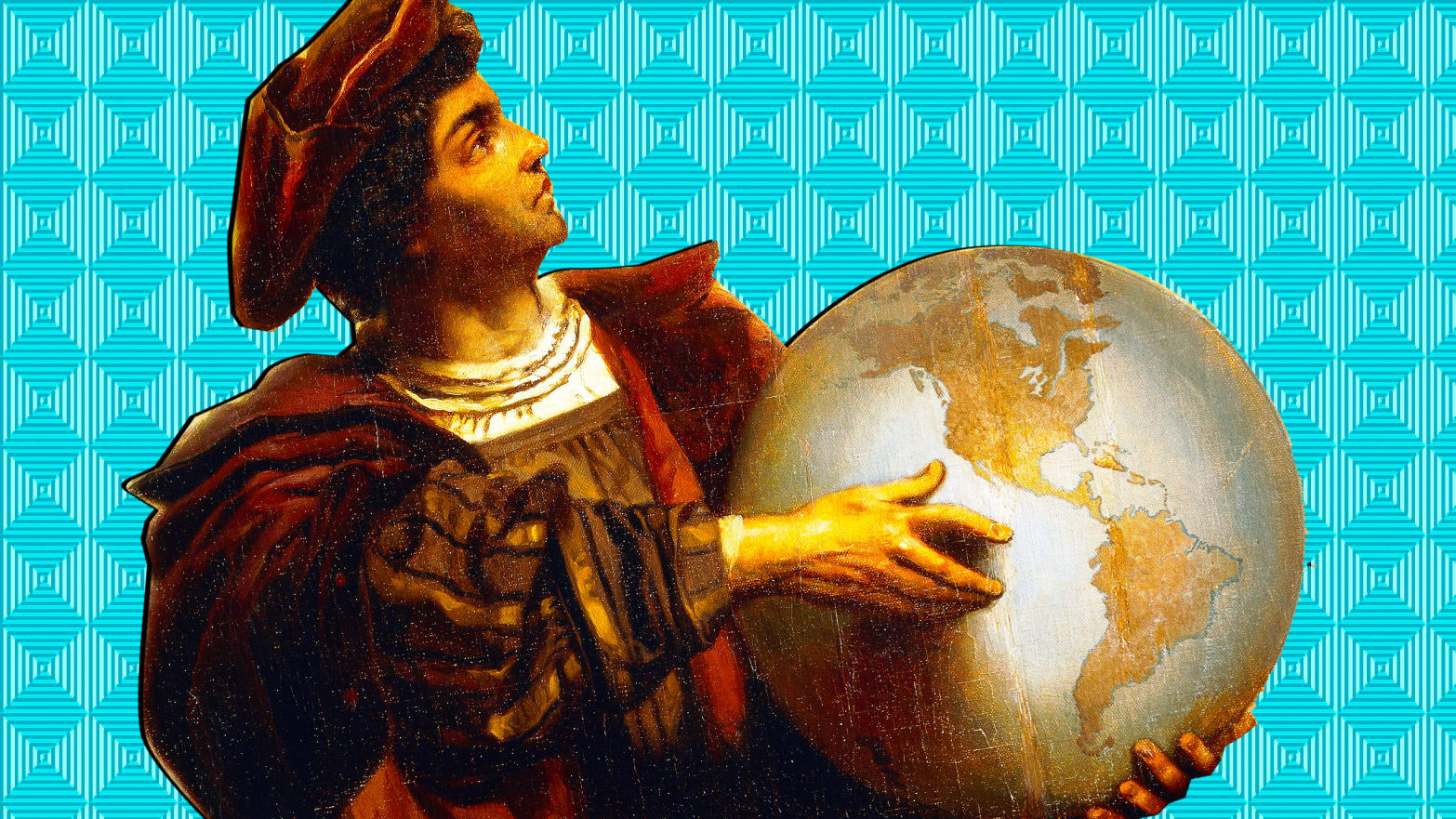We hit a lot of critical points this week in class, but the
discussion never really approached a lengthy, powerful statement Todorov makes on
page 97.
“The Spaniards win the war. They are incontestably superior
to the Indians in the realm of inter-human communication. But their victory is
problematic, for there’s not just one form of communication, one dimension of
symbolic activity. Every action has its share of ritual and its share of
improvisation…. The encounter of Montezuma with Cortez, of the Indians with the
Spaniards, is first of all a human encounter; and we cannot be surprised that
the specialist in human communication should triumph in it. But this victory
from which we all derive, Europeans and Americans both, delivers as well a
terrible blow to our capacity to feel in harmony with the world, belong to a
pre-establish order; it’s effect is to repress man’s communication with the
world, to produce the illusion that all communication is inter-human communication;
the silence of the gods where is upon the camp of the Europeans as much as on
that of the Indians.”
This statement speaks volumes about the broader implications of the Spaniard's victory over the Indians. Todorov characterizes the Indian's defeat as a blow to the existing idea of a pre-established order. The lack of intervention by the gods creates a sense of doubt and apprehension on the Indian side. However, this lack of response is viewed from the Spaniards as a reaffirmation that what they are doing is right. Breaking this into two paragraphs, I will explore this from both the perspective of the Spaniards and from the Indians.
Analyzing this from the perspective of the Indians, why would the gods let a tragedy of this magnitude happen? I find it hard to wrap my head around this question. The culture and lifestyle the Indians adapted revolved around the gods. Stability and trust in society were bound to the foundational principle that the gods were a protecting force. Subsequently, the gods’ lack of intervention uprooted the centerpiece of the entire culture. It would take an immense amount of faith and long-term optimism to retain faith in something that has seemingly failed you in such a dire time.
From the viewpoint of the Spaniards, this was just more reaffirmation that their actions were justified under what they perceived to be god’s will. The lack of an intervention from the Indian gods proved their inexistence to the Spaniards.
Ironically, to fully understand the full implications of this, we must take a step outside of the circle. When Todorov states that this defeat will cause us to lose our capacity to feel “in harmony with the world,” he is hinting at something much more significant. Illustrating the Indian’s defeat as a paradigm shift, we can view this as a moment of realization that there is no such thing as a pre-established order. Most evident at this moment in history, the importance of inter-human communication supersedes the value of man’s connection and communication to the world. The paradigm shift will set a new precedent for future Spanish and Indian societies.

Comments
Post a Comment